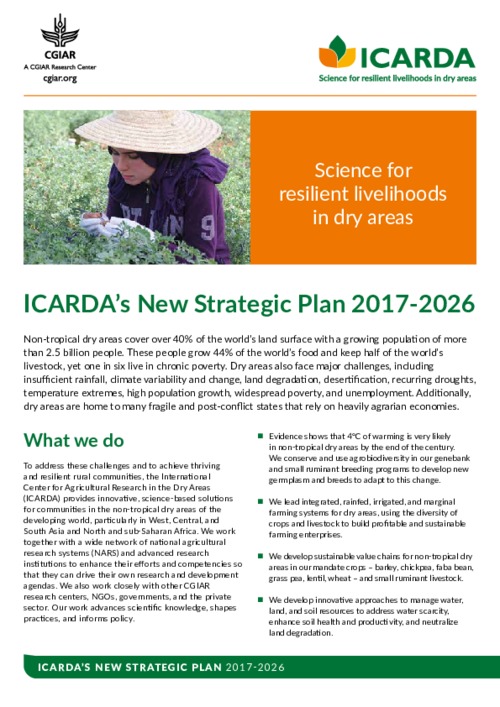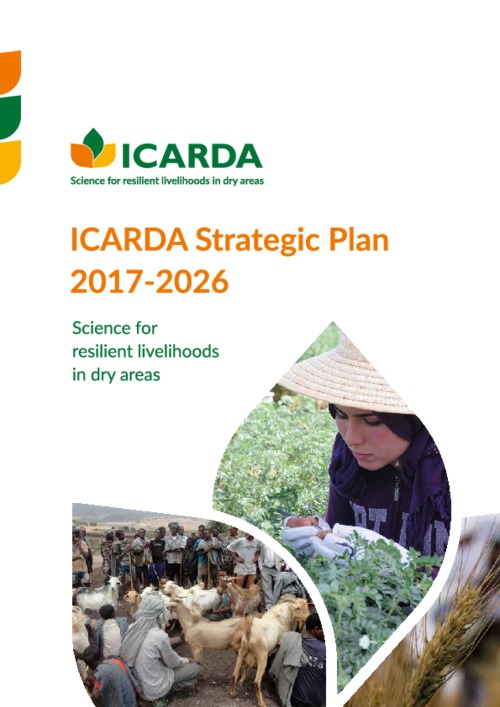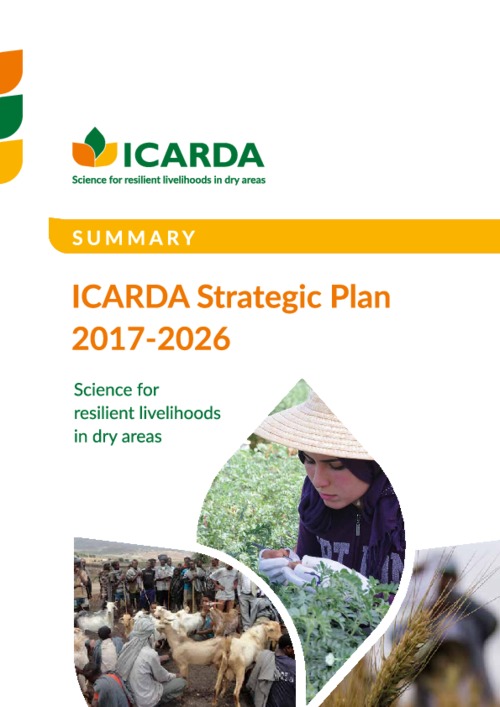Springs, also called dhara, mool, kuwa, naula, and chasma, are, the most important source of water for millions of people in the midhills of the Hindu Kush Himalayas. Spring water is used for drinking, irrigation, domestic, and religious purposes. They also perform important ecological functions…
Many Indian capitals are rapidly becoming megacities due to industrialization and rural–urban emigration. Land use within city boundaries has changed dynamically, accommodating development while replacing traditional land-use patterns. Using Landsat-8 and IRS-P6 data, this study investigated…
This publication is the second part to the highlights of the regional workshop on <a href="http://angoc.org/news/land-right-is-a-human-right/">“Land Rights as Human Rights: An Imperative towards the…
Non-tropical dry areas cover over 40% of the world’s land surface with a growing population of more than 2.5 billion people. These people grow 44% of the world’s food and keep half of the world’s livestock, yet one in six live in chronic poverty. Dry areas also face major challenges, including…
This document presents the Strategic Plan of the International Center for Agricultural Research in the Dry Areas for the period from 2017 to 2026. ICARDA’s mission is to enhance food, water, and nutritional security and environmental health in the face of global challenges, including climate…
To help break the cycle of poverty, improve food and nutritional security, halt or reverse the alarming process of resource degradation in the dry areas, and help communities adapt to the impacts of climate variability and change, ICARDA’s Strategic Plan 2017-2026 outlines our research and…
The climate-smart agriculture (CSA) concept reflects
an ambition to improve the integration of agriculture
development and climate responsiveness. It aims to
achieve food security and broader development goals
under a changing climate and increasing food demand.
CSA…
The stated objective of land policy in India has shifted from redistribution through land reform to ownership through land acquisition in the period between 1950 and 2014. Sub-national governments that dealt with land policy had the option to exercise a mix of redistribution and acquisition…






